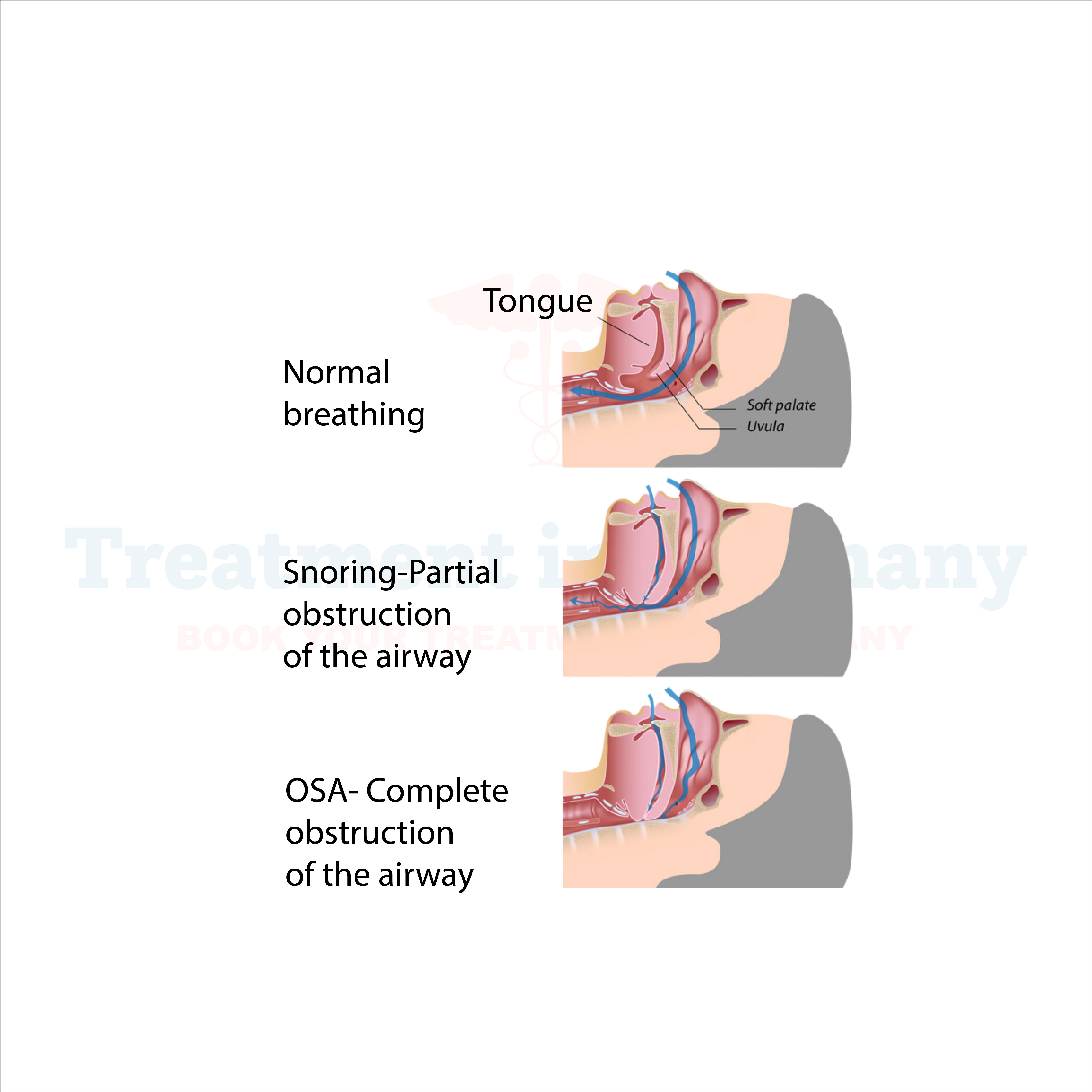What is Snoring and Sleep Apnea:
Snoring and Sleep Apnea are common sleep disorders that can significantly impact your quality of life. Snoring occurs when the flow of air through your mouth and nose is partially obstructed during sleep, causing the tissues in your throat to vibrate, resulting in the familiar sound. Sleep Apnea, on the other hand, is a more serious condition where breathing repeatedly stops and starts during sleep due to a complete or partial obstruction of the upper airway.
Side effects of Snoring and Sleep Apnea:
Both snoring and sleep apnea can lead to various side effects, ranging from mild to severe. These include:
How is Snoring and Sleep Apnea diagnosed?
Diagnosing snoring and sleep apnea typically involves a comprehensive evaluation by a sleep specialist. This may include:
1. Medical history and symptom assessment: Your doctor will inquire about your sleep habits, symptoms, and any underlying health conditions that may contribute to snoring or sleep apnea.
2. Physical examination: A physical examination of your throat, mouth, and nasal passages may be conducted to identify any anatomical abnormalities or signs of obstruction.
3. Sleep study (Polysomnography): A sleep study may be recommended to monitor your breathing, heart rate, brain activity, and other parameters during sleep to diagnose sleep apnea and assess its severity.
Potential treatments of Snoring and Sleep Apnea:
Treatment options for snoring and sleep apnea may vary depending on the severity of the condition and individual factors. Some common treatments include:
1. Lifestyle modifications: Making lifestyle changes such as losing weight, avoiding alcohol and sedatives before bedtime, sleeping on your side, and maintaining good sleep hygiene can help reduce snoring and improve sleep quality.
2. Continuous Positive Airway Pressure (CPAP) therapy: CPAP therapy involves wearing a mask connected to a machine that delivers a continuous flow of air to keep the airway open during sleep, effectively treating sleep apnea.
3. Oral appliances: Dental devices or oral appliances can help reposition the jaw and tongue to prevent airway obstruction and alleviate snoring and sleep apnea symptoms.
4. Surgery: In some cases, surgical procedures may be recommended to correct anatomical abnormalities or remove obstructive tissues in the throat to improve airflow during sleep.
5. Alternative therapies: Some individuals may find relief from snoring and sleep apnea symptoms through alternative therapies such as positional therapy, acupuncture, or hypoglossal nerve stimulation.
👉 Contact us for further information and receive a complimentary consultation.


.webp)
 (1).webp)

.webp)
 (1).webp)


.webp)
 (1).webp)

.webp)
 (1).webp)
